Royal Philharmonic Orchestra & Daniele Gatti - Tchaikovsky: Symphony No. 5, Romeo and Juliet (2005)
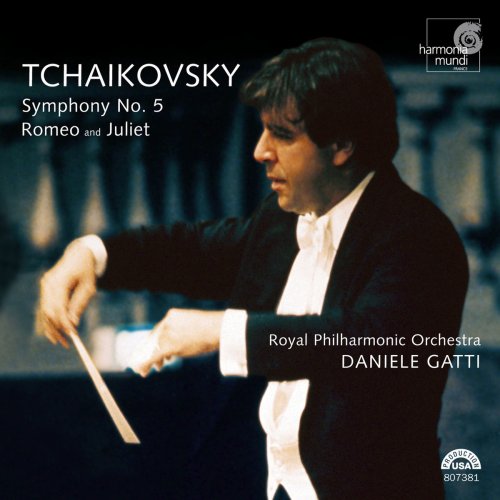
Artist: Royal Philharmonic Orchestra, Daniele Gatti
Title: Tchaikovsky: Symphony No. 5, Romeo and Juliet
Year Of Release: 2005
Label: harmonia mundi
Genre: Classical
Quality: flac lossless
Total Time: 01:05:54
Total Size: 246 mb
WebSite: Album Preview
TracklistTitle: Tchaikovsky: Symphony No. 5, Romeo and Juliet
Year Of Release: 2005
Label: harmonia mundi
Genre: Classical
Quality: flac lossless
Total Time: 01:05:54
Total Size: 246 mb
WebSite: Album Preview
---------
01. Symphony No. 5 in E Minor, Op. 64: I. Andante-Allegro con anima
02. Symphony No. 5 in E Minor, Op. 64: II. Andante cantabile, con alcuna licenza-Moderato con anima
03. Symphony No. 5 in E Minor, Op. 64: III. Valse: Allegro moderato
04. Symphony No. 5 in E Minor, Op. 64: IV. Finale: Andante Maestoso-Allegro vivace-Molto vivace
05. Romeo and Juliet Fantasy Overture
Indelibly linked to its founder, Sir Thomas Beecham, the Royal Philharmonic Orchestra (RPO) is considered one of the four major orchestras based in London. Established in 1946 in connection with the Royal Philharmonic Society, the orchestra's title was directly approved by King George VI. Although it has often had to fight for its survival, the RPO remains one of the busiest ensembles in Great Britain. The orchestra annually offers a set of concert series in three London venues (Royal Festival Hall, Barbican Hall, and Croydon's Fairfield Hall), provides music for many films, and tours extensively at home and abroad. It is more involved with the pop music industry than many of its peers, and the ensemble's Hooked on Classics series of recordings has been a tremendous boon to the group's finances and international visibility. The series has sold more than nine million copies worldwide. An appearance in the halftime show of the Orange Bowl football game in Miami, Florida during the mid-'80s brought the orchestra to the attention of millions of viewers. As it is with many of the world's first-ranked ensembles, the RPO relies heavily on corporate sponsors for its funding. In an attempt to secure its financial future and have more control of its artistic direction, the orchestra began producing and marketing its own recordings under its exclusive RPO label.
With the horrors of World War II behind him, Sir Thomas Beecham was anxious to have an orchestra to direct. When the opportunity to lead the newly formed Philharmonia Orchestra was given to Herbert von Karajan, Beecham decided to assemble his own ensemble. He gathered many of Europe's top musicians, made an agreement with the Royal Philharmonic Society to play an exclusive season of concerts at the Davis Theater in Croydon, and the Royal Philharmonic Orchestra was born. The orchestra was almost immediately successful, attracting enthusiastic audiences and excellent critical reviews. In 1950, the RPO did its first international tour to the United States, playing in 45 cities. Although American critics took issue with the fact that Beecham's programming was very conservative and included no contemporary English compositions, the tour was a huge commercial success and the RPO's future was secured.
During the 1950s, the orchestra continued to raise its already high musical standards, widen its repertoire, and seek out lucrative recording contracts even though Beecham appeared less frequently at the podium. He claimed that the tax laws in place in England at the time did not allow him to live comfortably in London, but ill health was probably the real reason for his absences.
When Beecham died in 1961, the orchestra sought out German conductor Rudolf Kempe as his successor. Under Kempe's leadership, the RPO continued a full schedule of concerts and other projects, but signs of trouble began to appear in 1963. In February of that year, it was proposed that the RPO merge with the orchestra of the Royal Opera at Covent Garden, but an agreement was never reached. Then the Royal Philharmonic Society decided not to engage the orchestra for its upcoming season, and finally the ensemble was excluded from a cooperative agreement with the Royal Festival Hall and the three other major London orchestras (London Philharmonic, London Symphony, and the New Philharmonia). With their future hanging in the balance, the RPO players decided to reorganize the orchestra into an independent, self-governing entity run by a board of directors drawn primarily from within the membership. Kempe agreed to remain as music director, and throughout the turbulent months of transition, the orchestra continued its rigorous performance schedule and even completed a 52-concert tour in North America.
More problems arose in 1964 when the orchestra was excluded from appearing at the Royal Festival Hall for another two years and the Royal Philharmonic Society threatened to withdraw the orchestra's "Royal" title. Upon hearing of this, Queen Elizabeth II conferred her blessing on the ensemble as "Royal...in its own right," which allowed the orchestra to retain its title.
The orchestra's future brightened in the mid-'60s when a report by Lord Goodman recommended that the RPO should be given government subsidies in order that it remain active. With the infusion of annual grants from the London Orchestral Concert Board, the orchestra survived and grew. Unfortunately, Kempe, who remained as principal conductor and music director until 1975, was never able to develop a characteristic ensemble sound in the RPO, although the standard of musicianship within the group was excellent.
When Antál Doráti succeeded Kempe in 1975, he attempted to bring his characteristic versatility of repertoire to the RPO. He was not entirely successful because of the orchestra's largely conservative attitude toward programming, but some strides were made. His successor, Walter Weller, was even less successful in influencing the ensemble, and during his tenure the RPO slipped into a rather lackluster role in London's musical circles. A series of successful tours and participation in many major international festivals kept the orchestra in the public eye, however, and it enjoyed reasonable popularity with its audiences.
André Previn's arrival on the RPO podium in 1985 shook the orchestra to its core and energized its somewhat pedestrian musical quality. His dramatic resignation in protest of the RPO's overburdened schedule was also traumatic for the orchestra. Stability was returned to the ensemble when Vladimir Ashkenazy became the group's music director and principal conductor in 1986. Under his tutelage, the orchestra began to recover some of the sensitivity and grace of line that it had during Beecham's tenure. Ashkenazy was also instrumental in development of the RPO exclusive record label, which helped to secure the orchestra's financial and artistic future. After his departure in 1994, Daniele Gatti succeeded Ashkenazy as principal conductor. His youthful energy and expertise in Italian repertoire have given the RPO a new direction for the 21st century. Gatti also helped steer the RPO through crossover pop productions in which they overdubbed the orchestra on older recordings by Elvis Presley, Roy Orbison, and Aretha Franklin.
Throughout its rather turbulent history, the Royal Philharmonic Orchestra has been able to retain its place in London's competitive musical circles. With its leanings toward the pop music industry and its extensive recording and touring schedules, the Royal Philharmonic is likely to remain one of the busiest and most popular orchestras in the United Kingdom.
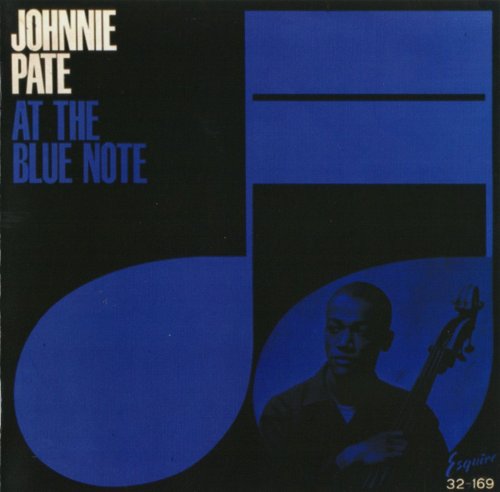
![Wes Montgomery - Bumpin’ (1965/2026) [Hi-Res] Wes Montgomery - Bumpin’ (1965/2026) [Hi-Res]](https://www.dibpic.com/uploads/posts/2026-01/1769712563_cover.jpg)
![Karin Krog, John Surman, Rob Luft & Rob Waring - Tomorrow's Yesterday (2026) [Hi-Res] Karin Krog, John Surman, Rob Luft & Rob Waring - Tomorrow's Yesterday (2026) [Hi-Res]](https://www.dibpic.com/uploads/posts/2026-02/1770018384_aet0hkqmwovku_600.jpg)
![Nils Wülker - Zuversicht (2026) [Hi-Res] Nils Wülker - Zuversicht (2026) [Hi-Res]](https://www.dibpic.com/uploads/posts/2026-01/1769611944_ahp1eqi4eu7na_600.jpg)
![Dave Douglas - Four Freedoms (2026) [Hi-Res] Dave Douglas - Four Freedoms (2026) [Hi-Res]](https://www.dibpic.com/uploads/posts/2026-01/1769535616_tf9hcodjkxidc_600.jpg)
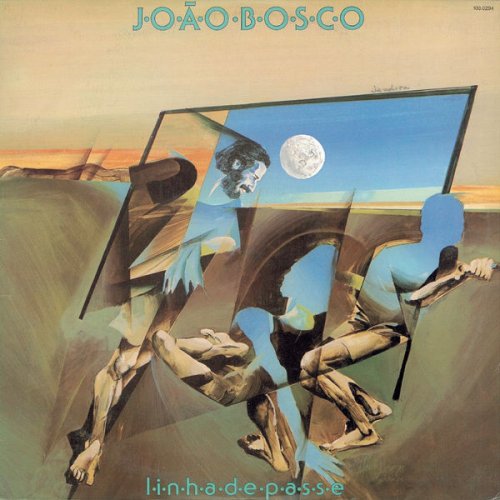
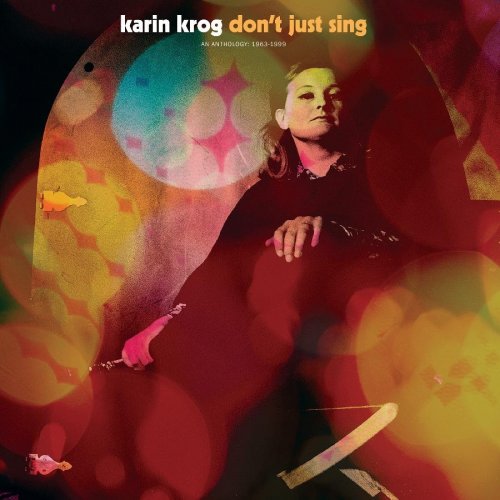
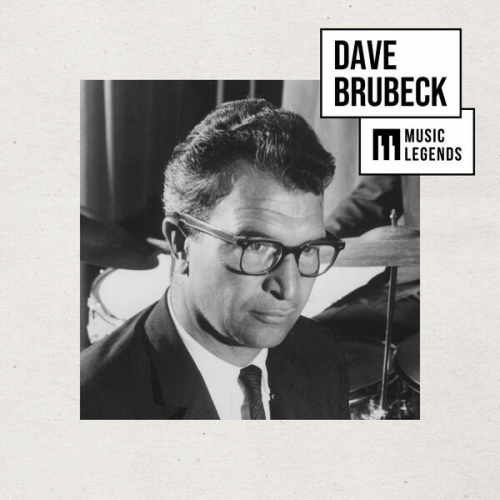
![Karin Krog & John Surman - Infinite Paths (2015) [Hi-Res] Karin Krog & John Surman - Infinite Paths (2015) [Hi-Res]](https://www.dibpic.com/uploads/posts/2026-02/1770025527_env1crs2mqx1a_600.jpg)